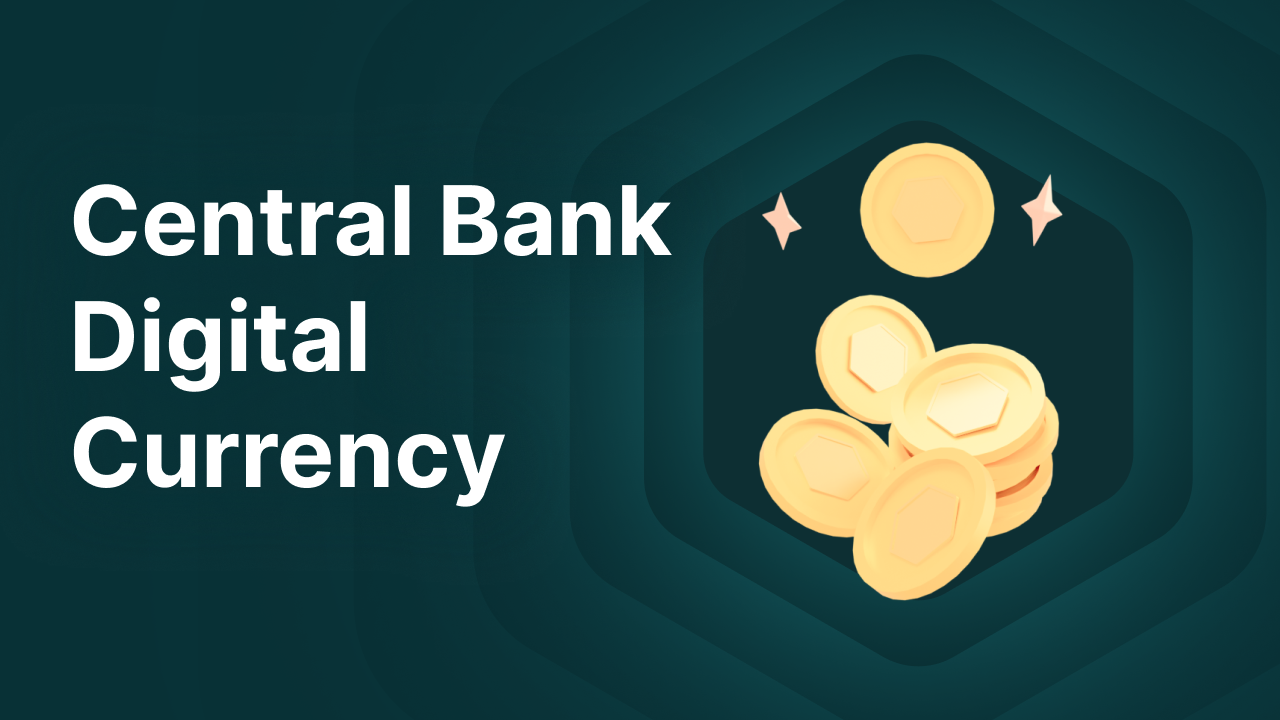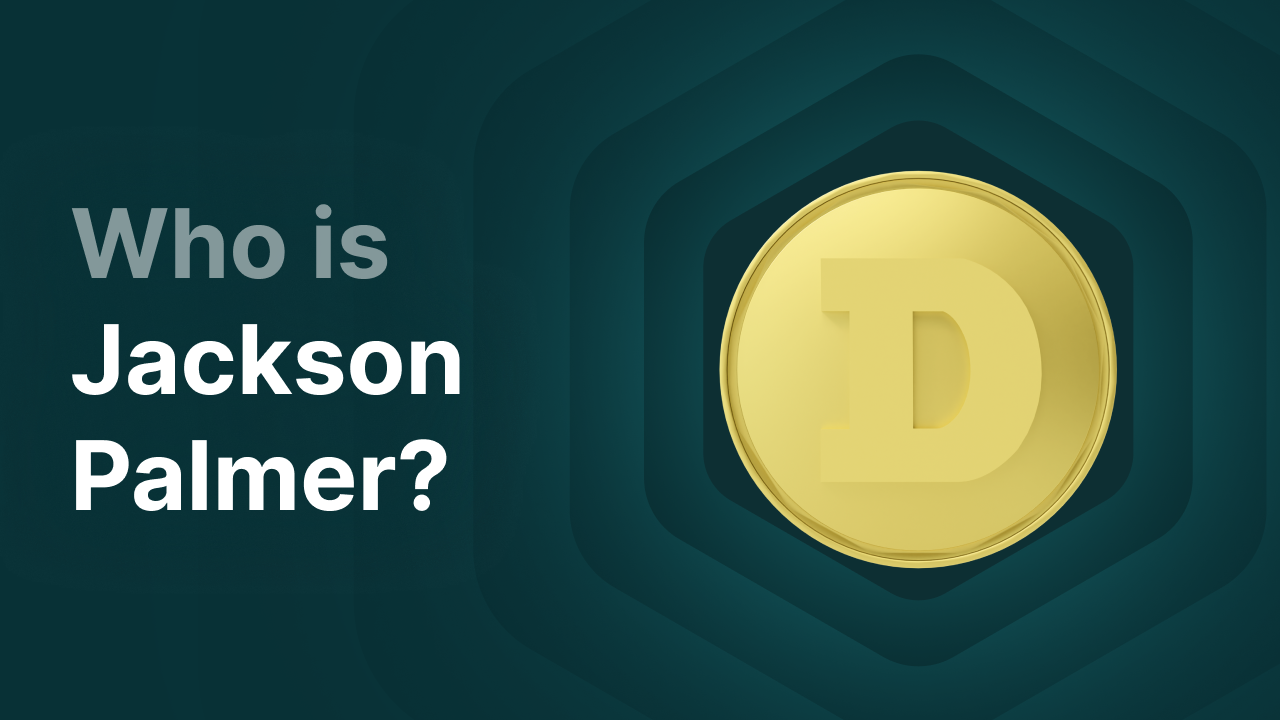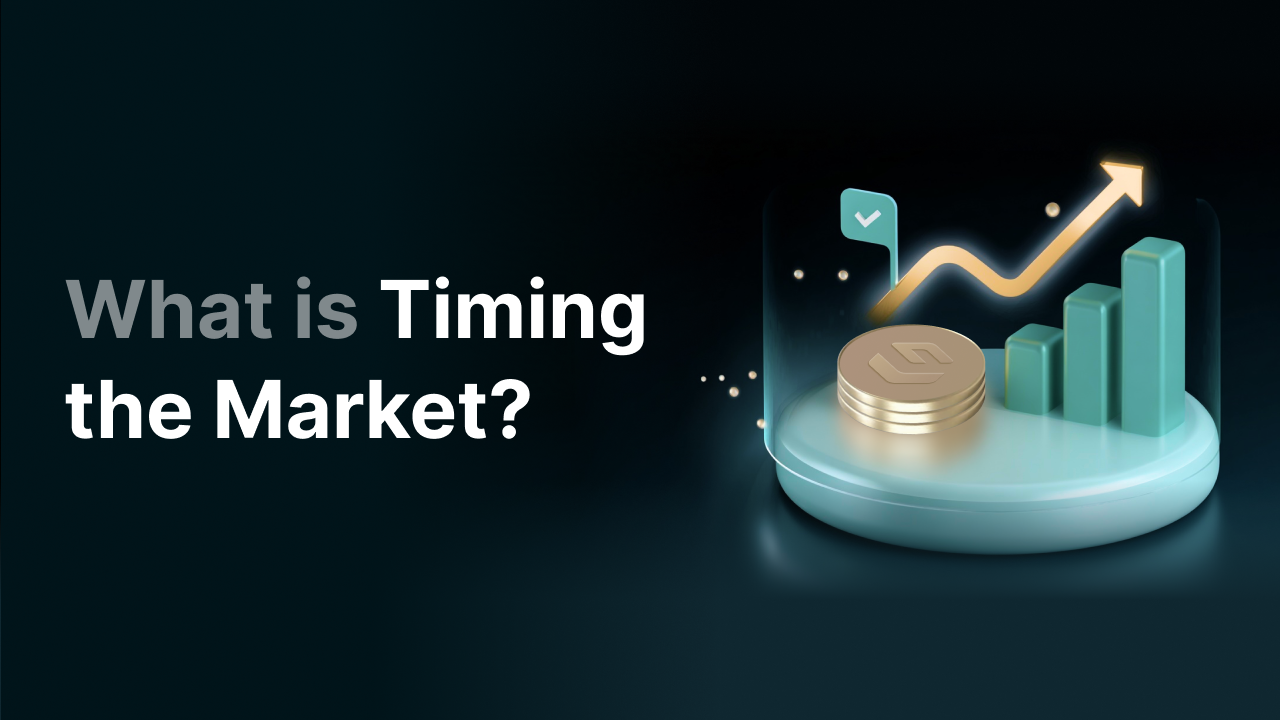What is a CBDC and Why Is a Digital Euro Coming?

What is a CBDC?
A CBDC (Central Bank Digital Currency) is a digital form of our national currency, the Euro. A CBDC is issued by a central bank, for example the European Central Bank. It is essentially similar to cash money, just in digital form. It is therefore also referred to as the digital euro. Since in the Netherlands only 20% of payments are made in cash, the European central banks are investigating whether it is possible to roll out the digital euro in the coming years.
Key Takeaways
-
A CBDC (like the digital euro) is digital money issued by the central bank, intended to complement cash in an increasingly digital society.
-
Advantages include faster payments, lower transaction costs, better access for everyone, and more effective combating of financial crime.
-
Disadvantages include concerns about privacy, the impact on commercial banks, potential programmability of money, and the risk of government control.
-
Central banks are still figuring out exactly how to implement a CBDC, with scenarios ranging from direct accounts at the central bank to cooperation with existing banks.
Why Do Central Banks Want to Introduce a Digital Euro?
Central banks want to ensure that payments in the future remain smooth, secure, and accessible to everyone with a CBDC (like the digital euro). All you need is internet and a bank account. The idea is not to replace fiat money, but to offer a digital version of it. According to De Nederlandsche Bank, the digital euro could also be useful during a failure of our regular payment methods.
Additionally, more and more payments are global, and large tech companies are gaining increasing influence. In Europe, governments want to retain control over the monetary system. A CBDC could be the solution. It ensures that we do not become dependent on foreign parties.
Cash vs Digital Money
Currently, banknotes are issued by central banks. In the Netherlands, that’s De Nederlandsche Bank, in France the Banque de France, and in Germany the Deutsche Bundesbank. You can use these euros to pay in all stores. However, the use of cash is steadily declining. In general, most people already make all their purchases via debit card or phone. Even small purchases of a few euros are now handled digitally.
Digital money, on the other hand, is not public money, but private money. The number you see in your bank account is what you can exchange for cash. During the economic crisis of 2008, this came under pressure. People had little trust in the banks. At the same time, it’s a problem if everyone wants to withdraw their money from the bank at the same time. This is called a bank run. This creates problems for the bank and may result in not everyone being able to access their funds.
Benefits of a CBDC
1. Superfast Payments
With a CBDC, you can transfer money in real time (directly from you to someone else) without needing a bank or intermediary. That means:
-
Less risk: Stores no longer have to guess whether a payment will really go through (which still often goes wrong).
-
Less hassle: No more nagging about “the money hasn’t come in yet” or similar issues.
-
Lower costs: No more high fees on every transaction. Something many people don’t realize when paying through a bank.
2. Everyone Can Join
A CBDC makes it possible for everyone (even people without a bank account) to have a safe way to participate in the financial system. Think of a free account at the central bank.
3. Criminals Have a Harder Time
Because all transactions are digital, it becomes much easier to detect suspicious money flows. Money laundering or using strange offshore constructions to avoid taxes? Much harder. The system becomes fairer for the average person.
4. Fairer Tax Collection
Working off the books or hiding money abroad becomes difficult. The government can see exactly what happens (unless strong privacy laws are in place) and can collect taxes more effectively. That’s fairer for everyone who does pay properly.
5. Stronger Payment System
A CBDC can help people trust digital payments more. You’ll know your money is safe with the central bank, even if banks like Barclays or HSBC run into trouble.
Drawbacks of a CBDC
1. Privacy
This is the biggest concern for a large group of consumers. Many people don’t want the government to see everything they do with their money. Your money is yours, not the government's. That’s why there are many discussions around launching a CBDC. With a CBDC, every payment can be tracked (unless laws are passed to prohibit this), and according to critics, this could lead to less freedom in the future. Currently, nothing is certain about how this will play out, but it is clear that this is a key issue for central banks.
2. Banks in Trouble
If everyone parks their money at a central bank, commercial banks receive less capital. Some experts believe this could reduce the stability of regular banks. That’s why there is talk of a limit of, for example, €3000 in CBDC per person.
If everyone prefers to keep their savings at the central bank (because it feels safer), commercial banks receive less money. That can lead to fewer loans or even unstable banks. That’s why limits are being discussed: you might only be allowed to hold a few thousand euros in CBDC. The rules are not clear yet; decisions still need to be made. So your money will not suddenly be fully handled via a CBDC.
3. Programmable Money
Digital currencies can be programmed. The government could, for example, issue money that must be spent within 30 days. Or that you can only spend it on certain products. Handy in times of crisis, but also a risk if it goes too far. Do you want the government to decide you can’t buy wine on Wednesdays? Most people want to keep that freedom themselves.
4. Hacks & Cybersecurity
CBDCs would become a major part of the financial system (and therefore a target for hackers). Cybersecurity will be crucial.
5. Power and Control
There are concerns that digital currencies give the government too much power. Think of freezing accounts of activists or excluding people based on behavior. That sounds dystopian and that’s why serious thought needs to be given to laws, rights, and privacy.
How Will Central Banks Implement a CBDC?
Good question, and to be honest: it’s not entirely clear yet. Most central banks are still researching how exactly such a digital currency will be used, what will happen with cash, and how anonymity can be guaranteed. But there are a few scenarios that are being widely discussed.
1. The Central Bank as Your New Bank
In this scenario, the central bank itself gives digital accounts to citizens (like you and me). A digital euro will emerge that resembles crypto. You can store it in your own wallet and use it directly for payments. The central bank then becomes a kind of superbank that can partially take over the role of regular banks. You will then not only have an account with your local bank, but also with the central bank itself.
2. Via Existing Banks and Institutions
Another way to do it is for central banks not to handle everything themselves, but to go through existing banks like Barclays. You’d then get some kind of special account at your current bank and manage everything from there. China already does this with WeChat.
3. Commercial Banks Fully Under Control
The last option is rather extreme. The current commercial banks would then only be allowed to operate with money that is 100% backed by the central bank. This would completely change the system. For example, you would only be allowed to borrow in the form of central bank money (CBDCs). In this model, banks become smaller and lose a large part of their power.
4. A Mix of Everything
We might get a combination of these three. Some direct access to the central bank, some through existing banks, and some stricter rules for commercial banks. In any case, the financial system will be turned upside down if the European Commission decides to launch a CBDC.
CBDCs are not just ‘an extra digital euro,’ they could transform the entire banking system. Banks must adapt or disappear, and central banks will gain a huge new responsibility. So it’s not something you’ll experience next year. This process will take many more years.
Final Thoughts
CBDCs have huge potential: cheaper payments, more financial equality, better tax collection, and a more resilient payment system. But there are also risks: especially regarding privacy, control, and the role of banks. It’s a powerful tool, but the execution will determine whether it becomes a gamechanger or a digital nightmare.




